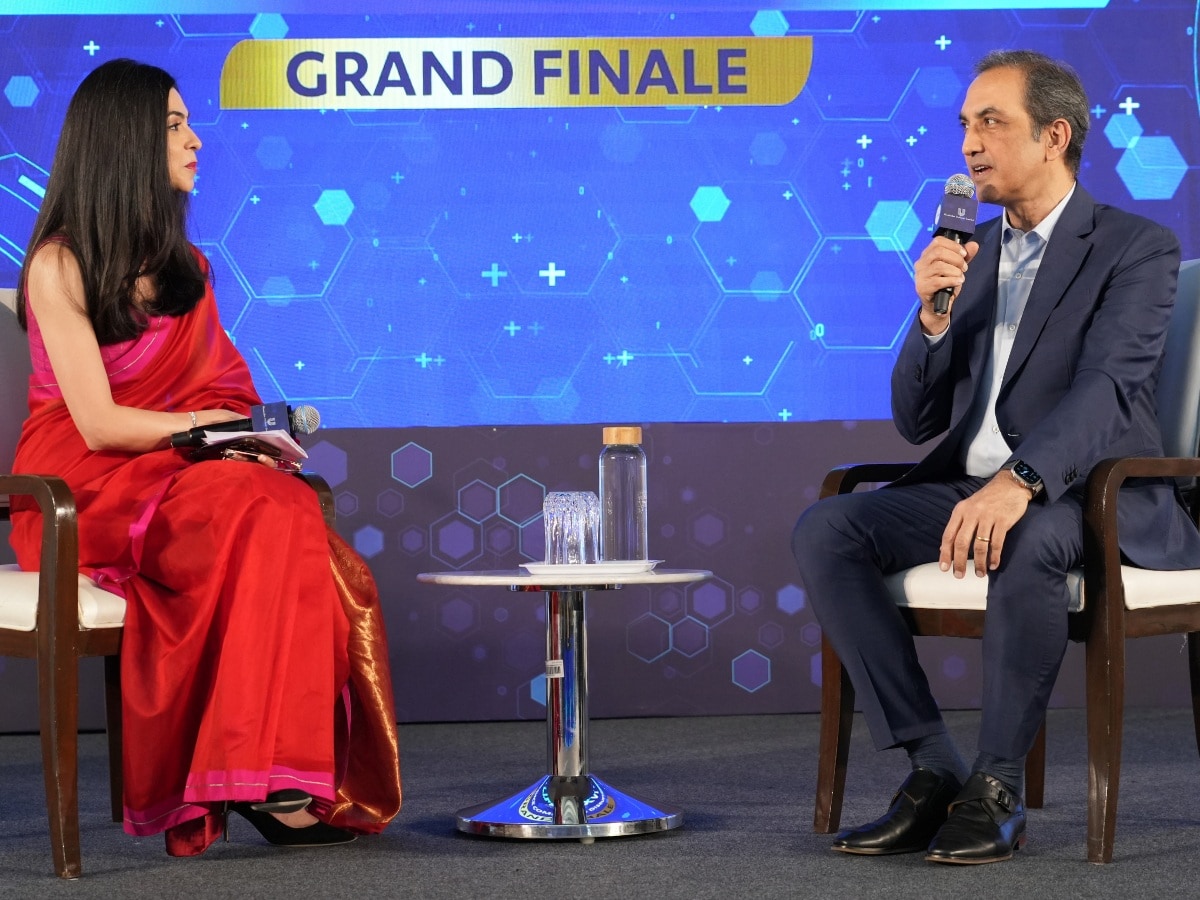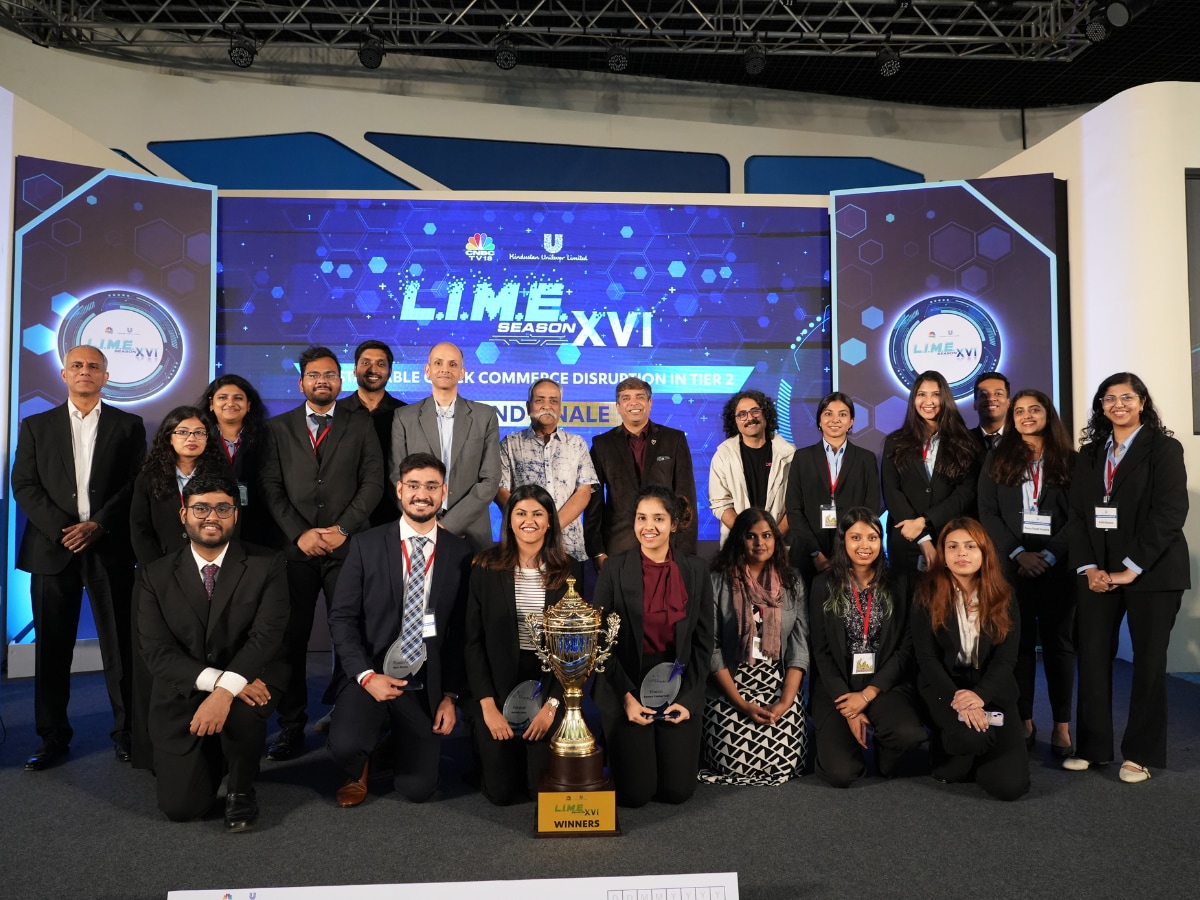
Tracing the origins of the word ‘marketing,’ derived from the Latin term ‘mercatus,’ meaning marketplace or trade, we find ourselves back to where it all began—only now in a hyper-digital world that continuously redefines its very core. Empowering young minds with astute knowledge and essential skills to navigate this dynamic arena, Hindustan Unilever Limited proudly celebrates 16 glorious years of L.I.M.E, India’s premier B-school case study competition. Spotlighting innovation and recognizing marketing brilliance, Hindustan Unilever Limited, India’s leading FMCG brand, believes in challenging sharp minds, shaping them into future-forward leaders.
A diverse organization that has been the alma mater to some of the brightest minds in the industry, HUL actively engages with aspiring marketers, equipping them for rewarding career paths. L.I.M.E. is one such platform that tests the resilience and ingenuity of young marketers, immersing them in real-world business complexities, encouraging them to strategize and develop solutions that can withstand the dynamic forces of a rapidly evolving economy.
Selecting a theme that mirrors today’s stimulating landscape, ‘Sustainable Quick Commerce Disruption in Tier 2’ explores the rapid rise of Q -commerce, the transformation of retail in Tier 2 cities, and the urgent need for sustainable business practices to complement this disruption. Demonstrating exceptional strategic skills, creativity, and market acumen, the brainwizards who overcame every obstacle to reach the finals were: Three Broke Girls from the Indian School of Business (ISB), Key Lime Pie-Rates from ISB, DEL – BLR from the Indian Institute of Management Bangalore (IIM-B), Visionary Vixens from SPJIMR, and Zephyr from SPJIMR.
The event began with an insightful conversation between Rohit Jawa, CEO and MD, Hindustan Unilever Limited, and Shereen Bhan, Managing Editor, CNBC-TV18, on the future of sustainable Q-commerce in Tier 2 cities. The discussion delved into the evolving landscape of marketing and consumer behaviour, particularly among Gen-Z and digitally native generations, highlighting the need for brands to embrace digital platforms, quick commerce, and omnichannel retail experiences. It also underscored how HUL stays ahead of the curve by balancing deeply rooted foundational knowledge in resource training with an adaptive approach driven by innovation and creativity. Commenting on operating in a digitally charged environment, Rohit said, “The company is at a phase where it continuously morphs to remain contemporary. We are paranoid because we do not want to be left behind, so we follow the curve and try to get there as soon as we can.”

